Benjamin Banneker was a self-taught African American surveyor, astronomer and horologist.
In 1791 - at the request of Thomas Jefferson - he assisted in the layout of modern Washington DC - the capital of a nation, currently undergoing the painful process of selecting its president and commander- in-chief for the next four years.
Banneker's contribution to the design of America's seat of power is now rather overlooked. His legacy is marked in a nondescript park beside an expressway south of the National Mall.
The son of a freed slave, Banneker was most celebrated in his lifetime for publishing an almanac between the years of 1792 and 1797 making remarkably accurate predictions about the year ahead, which became a staple of American homesteads.
In the spirit of Banneker, but without attempting to emulate his prescience, I'm going to have a stab at seven pointers to watch out for in this most turbulent, bitter and crucial of elections.
1. America's oldest president
I'll start with a banker.
The US is going to install its oldest ever president - by quite a long chalk. Joe Biden would be 78 by inauguration day next January, Donald Trump 74.
The founding fathers (they were all men) when they were considering the age issue in the Constitutional Convention of 1787 were only concerned about the president being too youthful, not elderly. Therefore Article II of the US Constitution specifies a minimum age of 35, but no upper limit.
Previous oldest office holders were Donald Trump himself - he was 70 at his inauguration in 2016. Ronald Reagan was a shade younger at 69 in 1980, and William Henry Harrison was 68, on assuming power in 1841. And for the pub quizzers out there John F Kennedy was, of course, the youngest at 43.
2. Florida is going to be crucial - again
With the joint third largest electoral college haul - 29 - for a candidate, this swing state is the crucible of the battle for power.
Trump won the sunshine state by just over 100,000 votes in 2016. Previously Barack Obama captured it twice for the Democrats.
But the disputed result of 2000 looms in the background. It took several recounts and ultimately an adjudication by the Supreme Court to decide the outcome. George W Bush captured the state, and the presidency by a margin of 537 votes.
This time both parties have legions of lawyers standing by.
Watch individual counties for early indicators on how Florida might go - Like Sumter county - it has a large postal vote (84% in 2016) amongst its elderly population, which officials start counting before polls close. If Sumter's results show Biden making inroads into the over-65 vote, it could be a good night for him.
If Trump loses Florida, his path to power becomes much more difficult. Other swing states to watch like a hawk: Pennsylvania, Wisconsin, Michigan, North Carolina, Arizona, Iowa, Ohio and Georgia.
3. Don't expect either to do the decent thing
Watch out for reluctance by the candidates to concede.
The Democrats are haunted by that experience in 2000. They now believe it was a strategic error for Al Gore to originally concede the election to Bush after some US TV networks called Florida for the Republicans. A few hours later Gore retracted, but had lost the initiative.
If results are being contested, no one's going to be picking up the phone early this time, and Donald Trump has made it quite clear in advance that he believes the vote could be rigged - particularly the postal vote.
Hillary Clinton conceded to Donald Trump in the early hours the day after the election in 2016. But she's advised Joe Biden not to concede "under any circumstances." There's no requirement to do so. It's a convention. Don't expect anyone to do the decent thing early this time.
We're in uncharted territory here if Trump loses and refuses to respect the outcome. Will the right-wing Proud Boys and others take to the streets to support him? His first tweets in the wee small hours will reveal plenty about his thinking on that, no doubt.
If Biden finds the polls have ultimately flattered to deceive once again, will outraged AntiFa protesters and others vent their frustrations?
Sales of guns to worried suburban families are soaring. There are shortages of ammunition. And shops and offices are being boarded up in Washington as I write.
Subscribe to Divided States on Apple podcasts, Google Podcasts, Spotify, and Spreaker
4. Drowning in data
There's so much to absorb. So many straws in the wind. So many potential indicators. But if you fix one number in your mind make it 270.
That's the minimum number of electoral college votes a candidate needs to win.
There are 538 electoral college votes available from the 50 states plus Washington DC. Half 538 plus one - and you're the victor. Each state has a different number of votes allotted to it based on the size of its population. California has the most at 55. A swing state such as Pennsylvania has 20.
It's mostly winner takes all in a state, so even if a candidate wins narrowly they get all the electoral college votes - Trump won Michigan by 0.2% in 2016 but captured all its 16 votes.
Who came up with this system?
Yep - those founding fathers again. They didn't really trust the voters to elect a president at all and were considering simply appointing one, but eventually decided to let the electors in individual states to get involved.
It's not ideal as the Americans admit, particularly when a candidate gets more votes than their rival nationally - but then loses in the electoral college because of the vote distribution. That was Clinton's experience in 2016. She got about 3 million more votes than Trump overall, but they were piled up in populous Democrat friendly states like California and New York, not where she needed them - Wisconsin, Michigan and Pennsylvania.
But look at the situation in the UK. We get no direct say at all in who becomes prime minister - the last two in a row, Johnson and May, were installed by their parties before they ever faced the electorate.
5. Acronyms
POTUS appoints ACB to SCOTUS to replace RBG.
Let me translate - and explain why it is so significant.
A week before election day the President Of The United States saw Amy Coney Barrett - a conservative judge appointed to the Supreme Court Of The United States to replace the liberal Ruth Bader Ginsberg who had died a month earlier.
If legal disputes break out about the election as described above, and the Supreme Court gets involved, Donald Trump has a healthy six to three conservative majority in the court now. Amy Coney Barrett has refused to say whether she would recuse herself from any decisions about the election result.
6. Coronavirus
There's no getting away from it.
Its tentacles have reached into every aspect of the campaign - on health, the economy, foreign relations. Mask wearing has become a potent political signifier.
Masked up on your own outside? Probably a Democrat.
No mask, even in a group? Ardent Trumpite.
And there's something of a correlation between the swing states where COVID-19 is accelerating most and Biden's poll lead, particularly in the Upper Midwest. Watch for that when the results come in.
7. The urban spaceman
Or maybe ground control to Major Mark? This is the undercard so to speak to the main presidential event. The battle for the Senate.
Any president faces huge obstacles in getting their programme implemented if the Senate is controlled by the opposition. At the moment there's a Republican majority. Which is why Trump was able to fast track the appointment of ACB to the Supreme Court.
Naturally the Democrats are trying to seize control, and have great expectations, which is where people like Major Mark Kelly come in.
A former Navy captain and NASA shuttle astronaut, he's in a highly competitive race against Republican Martha McSally for a seat in Arizona. If Kelly prevails he'd become the fourth former astronaut to make it into Congress.
The Democrats would also need to win three or four more races in states like Colorado, Maine and North Carolina to win control of the Senate, which would either be a consolation prize if they lose the race for the White House - or a massive boost for a President Biden?
So - a critical evening (and maybe longer) ahead for the United States and the world.
Just remember two things to keep front and centre - 270 and those swing states - we'll guide you through the rest with our incredible team of experts.
Our coverage starts at 10pm on Tuesday, 3 November. Do NOT miss it.
https://news.google.com/__i/rss/rd/articles/CBMiamh0dHBzOi8vbmV3cy5za3kuY29tL3N0b3J5L3VzLWVsZWN0aW9uLTIwMjAtZGVybW90LW11cm5hZ2hhbnMtNy10aGluZ3MtdG8td2F0Y2gtb24tZWxlY3Rpb24tbmlnaHQtMTIxMTkxMzfSAW5odHRwczovL25ld3Muc2t5LmNvbS9zdG9yeS9hbXAvdXMtZWxlY3Rpb24tMjAyMC1kZXJtb3QtbXVybmFnaGFucy03LXRoaW5ncy10by13YXRjaC1vbi1lbGVjdGlvbi1uaWdodC0xMjExOTEzNw?oc=5
2020-11-01 00:50:38Z
52781131890781

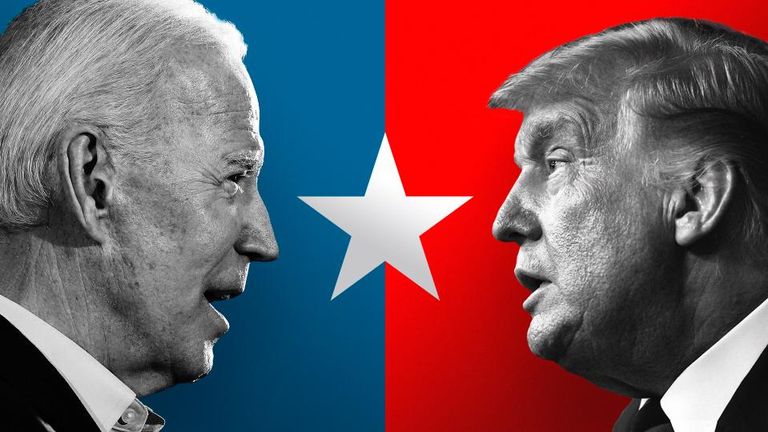
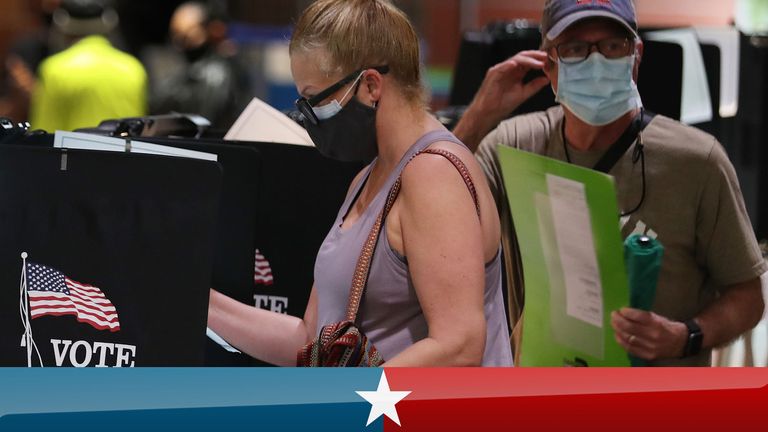
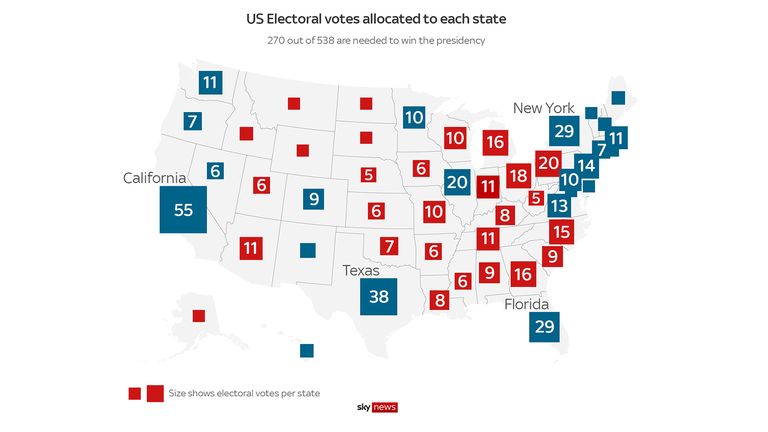
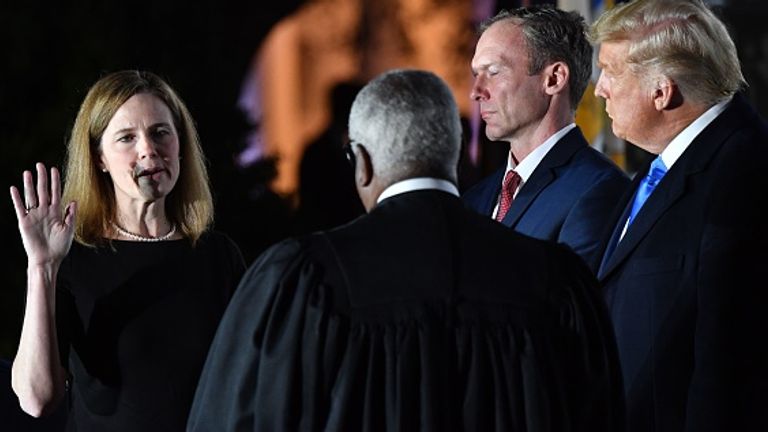

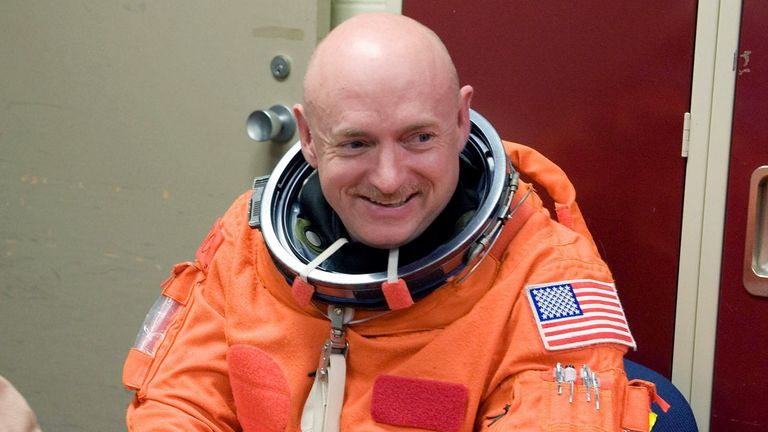

Tidak ada komentar:
Posting Komentar